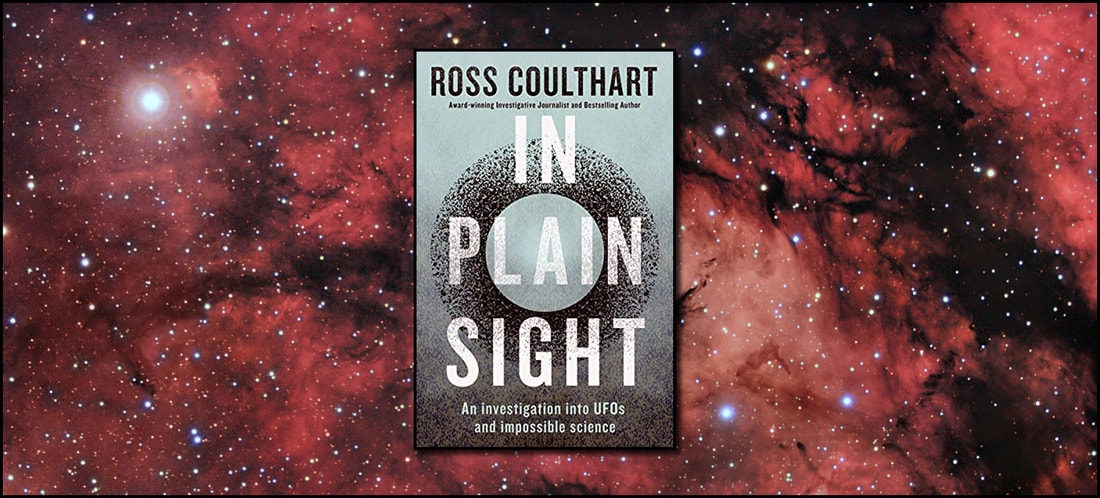Back in the 1990’s – for example – I made it a personal goal to read a minimum of one book a month. This lasted for about a year, at which point I realized it had grown too easy an accomplishment, so I raised it to two books a month … only to raise that to three books … at which point I think I probably topped out for about a decade. It felt good – the brain was always working, and the ideas were always flowing – but it just couldn’t sustain itself. Activities started to pull me away from my routine reading time, and – over the last decade – I’ve struggled to get back on track. The greatest motivation is that I’ve fully committed myself to reading only that which truly interests me any longer; this has definitely forced me to toss a few novels and tomes aside when I reach a point wherein the work fizzles, and I reach for something else. Yes, that might be sad, but it’s helped me – in small ways – to discover that joy of truly appreciating what a good book does for the noggin when given the perfect opportunity.
But because I do tend to gravitate toward subjects I’ve always been interested in, it has grown harder and harder to seek out and find something that appears truly inspired. Too much of non-fiction these days feels very lightweight, so I have found that I rely on other reviews to point me in the direction of something truly riveting … and that’s how I pretty much stumbled into Ross Coulthart’s In Plain Sight. Essentially, it was recommended to me as being a ‘deep dive’ into the world of UFOology and somewhat related sciences; and I supposed that’s an accurate foundation as any. I did have some issues with it – most of which relate to the author’s kinda/sorta curious stances here and there – and I’ll try to offer up a few humble thoughts to those who might be thinking about a purchase and a subsequent read.
For those unaware, Coulthart is an award-winning investigative journalist. Based in Australia (as best as I can say), he’s penned pieces that have found airtime on the popular 60 Minutes and beyond; and his career has certainly been followed by great praise for his ability to parse sense from the nonsense across a variety of subjects. Just how he can to have any fascination with the world of UFOology I’ve not been able to find, but – given his credentials – perhaps that shouldn’t be so alarming in this day and age? Many who’ve reported on science and current events have had greater cause to look into what was once deemed a pretty ‘fringe’ topic, and maybe that’s the introduction into All Things Extraterrestrial that the man needed. Whatever the case, I, for one, am happy he’s shining a bit of light on the whole affair.
Alas, In Plain Sight – while very, very good – is not quite the ‘deep dive’ I had expected. In fact, in many ways, it’s a somewhat superficial exploration and extrapolation of the history of flying saucers, the Men In Black, and many closely related minutiae. I don’t say this as an insult to the book in the slightest because I think – as a starting point – Coulthart’s expose is quite exceptional. Covering nearly a century of our society’s most active years with whatever these things are in the skies and beyond, he rather deftly moves from the earliest days to the present, all the while adding a new twist or turn as, culturally, we’ve taken a step closer to disclosure. Think of this book as a fabulous foundation to the serious study of UFOs and what they might mean, and you’ve got a wonderful starting point. However, more reading will be required for you to achieve the level of a scholar in each of the individual areas of emphasis.
Also, it’s occasionally a bit difficult to grasp exactly whether or not Coulthart accepts the reality of what his work covers. As is so often the case with UFO-related literature, there are no real secrets exposed here – there’s a lot of talk from industry insiders that never quite amounts to much more than hype – and he’s often a bit dour on them. Despite naysaying an awful lot of what has been talked about for decades, Coulthart kinda/sorta dismisses each expert because they’ve failed to deliver, and he only periodically reminds readers that some of these promises relied on others who didn’t ‘put up’ when the opportunity arrived. While, sure, that’s disheartening, I just don’t see that sufficient cause enough to sit back and wait for something else to ignite the phenomenon again. Perhaps we should accept that, at this point, disclosure is a distant reality as the ones with all the secrets have had decades to bury the truth.
Presenting facts is one thing, but the author clearly likes to comment on those facts. In ways, that distracts from the substance already worthy of greater discussion. I’d rather know what we know (minimally) and leave a bit of faith to those out there trying to shake reality up, but I realize – especially for someone who is an authentic investigative reporter – that may never be enough.
Strongly recommended. If you’re hoping for a deep dive, then you might want to look a bit further … but I’d still encourage those of you who like the study of UFOs as much as I do to pick up a copy and peruse. A few of the more current cases get some great writeups in here, and I think they’re owed their own book at some point. In the meantime, this might whet your whistle with anticipation for the next big read, and there’s nothing wrong with that.
-- EZ


 RSS Feed
RSS Feed